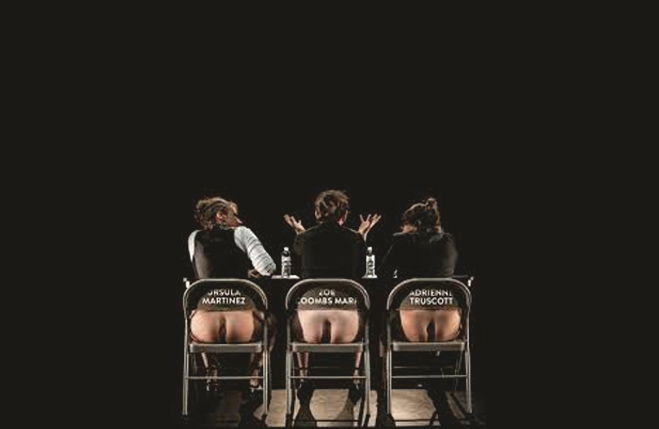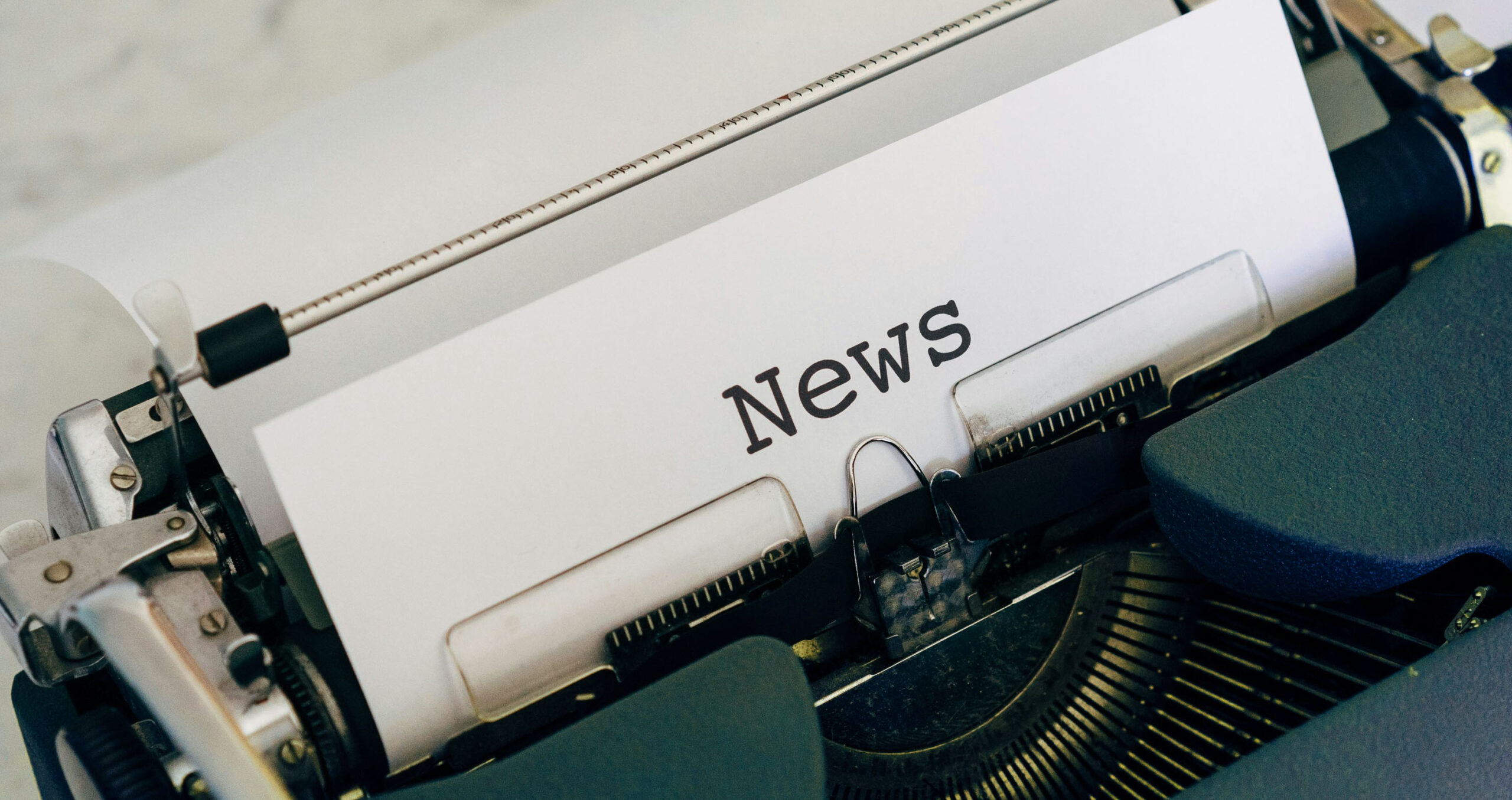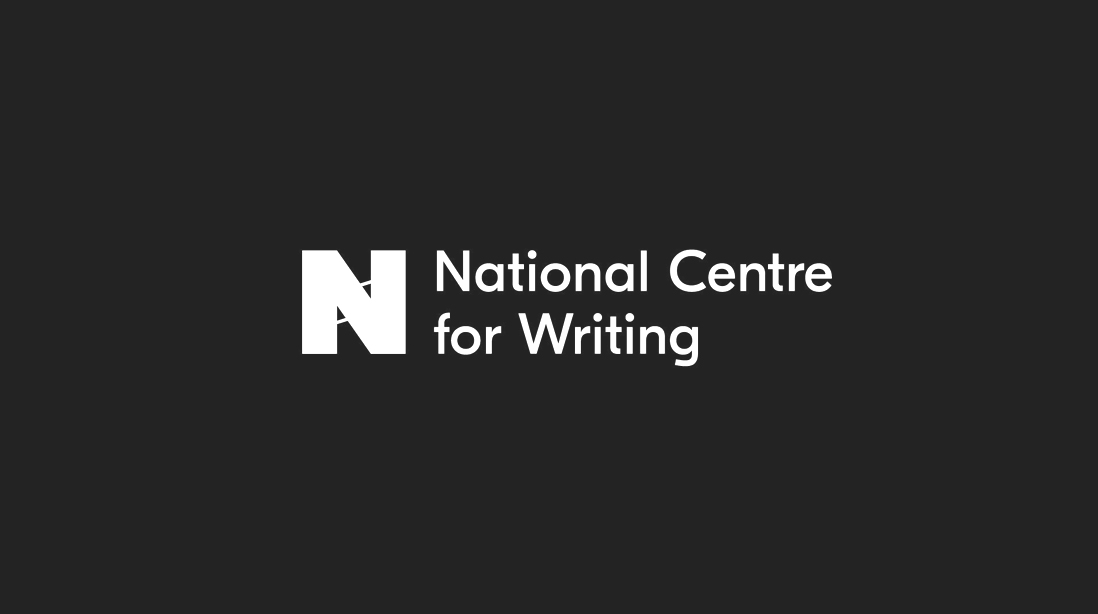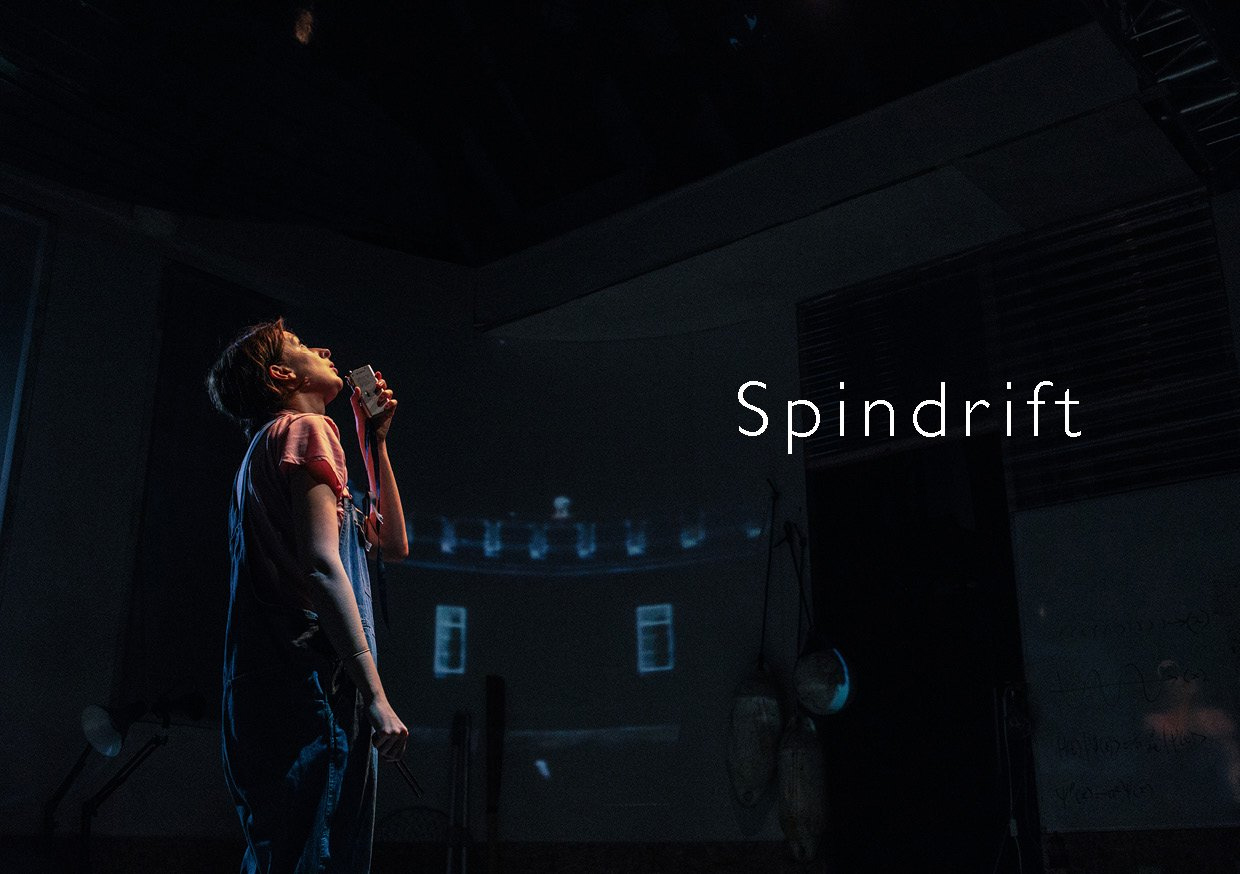Originally published in Exeunt Magazine on 20 August 2017.
Wild Bore, the new show created and performed by Zoë Coombs Marr, Ursula Martinez and Adrienne Truscott, is creating a bit of a stir at the Edinburgh Fringe this year. I felt an intriguing, ironic frisson personally as I took my seat and pulled out my pen and notebook to take notes for this review, knowing that the show was about theatre critics. The music playing as the audience settled in was ass-themed club music: ‘Anaconda’ by Nicki Minaj (‘oh my god, look at her butt/oh my god, look at her butt/oh my god, look-at-her-butt). That song’s riotous energy and lyrics were a perfectly thoughtful precursor to the precisely orchestrated, deliciously sarcastic, intelligent and entertaining feminist study of theatre criticism that then unfolded.
The stage was set with a long table and three chairs, and at the start of the show, one by one, the artists’ bare asses appear at the table, and they talk, um, out of them, in rumbling, low-throated blusters, repeating excerpts from bad reviews that each of the three artists’ have received for their work, their hands reaching up to gesticulate, asses turning towards each other to nod and jiggle, animatedly mimicking the talking heads of critics.
During the show, the three artists work their way thoroughly through of the concept of theatrical criticism, exploring its facets via the theatrical language of performance art, including thematically-ringing gestures, comic soliloquy, vignettes, dance and meta-moments. The text for the show is based on a patchwork of actual, badly-written theatrical reviews, which are mined both for significant philosophical points and straight-up comedy.
The use of the talking ass by artists to represent (bad) theatre critics is a brilliant symbolic gesture. It expresses the anger of the artist when the critic has failed to understand the point of the artist’s work and then derided the work and artist, publicly. It is a fast, funny and obvious skewer, spoken in the non-traditional artistic language that the critics being skewered seemingly struggled to comprehend: the shocking, nude, comic, gestural language of performance art. It’s a nuanced and blunt way to represent bluster: getting it wrong, but thinking you’ve got it right, and pronouncing judgement from a platform of power. The words of the misguided critic are blustery and muffled, because they are coming from the wrong place inside them, from error, from ego. It’s also a provocatively feminist symbol. The three naked asses and genitalia on prominent display are female, which to me felt like a deeply feminist symbolic rebellion against the broken elements of a traditional style of theatre response that we have inherited from the patriarchy, which is struggling to see, accept and understand the unfolding edges of theatre, and which defaults to superiority and derision as a response to anything it doesn’t get. Which is, aside from anything else, dishonest, and a misuse of the critic’s power.
Each of the three artists told the true story of a particular review they have received in the past that rubbished their work, in which the critic displayed an obvious lack of comprehension of the particular theatrical language they were using. Ursula Martinez told the story of a critic reviewing a show of hers who said in his review that she began to build a breeze block wall between herself and the audience ‘for no apparent reason.’ Considering the blindingly obvious significance of the boundary and relationship between performer/stage and audience, the famous book by Peter Brook about it called The Fourth Wall, and the common adoption of this phrase to discuss this conceptual space, that is just really fucking lazy theatrical critique. This phrase, ‘for no apparent reason’ is picked up by the show and shouted as a refrain again and again, most memorably in the brilliant Shakespearean-style soliloquy performed by Martinez, dressed in a jester suit, which had the audience rolling in the aisles. The repetition of this phrase was always accompanied by a fierce glare out at the audience from Coombs Marr, Martinez and Truscott, which I read as a direct challenge to everyone in the audience to really think about what they were trying to tell us in, as they put it, ‘the secret coded language of theatre’.
I loved this show for many reasons. It is beautifully tuned so that every detail and creative decision works in harmony with its themes. But also, it is just hilarious, and expresses a joyous, earthy, healthy, don’t-give-a-fuck freedom, which I found totally exhilarating, and inspiring [fist raised, sisters, and brothers-becoming-sisters or brothers-who-also-seek-to-topple-the-goddamned-patriarchy]. Thank you, Zoë Coombs Marr, Ursula Martinez and Adrienne Truscott. And yes, I worked very hard on this review, because I took what you said to me via your asses really, really seriously.
P.S. The day before I saw Wild Bore, I heard an older, white, male critic begin to talk about it, and when I said, ‘I’m also writing about it and seeing it tomorrow, would you mind not talking about it in front of me?’, he didn’t register me as a) a person making a request desiring a response, or b) a fellow writer, and he carried on talking about it as if no one had spoken. I felt a little socially awkward about this and had to decide between getting up and leaving the pub table or putting my fingers in my ears, because it was important to me to encounter the show afresh, with no preconceived ideas. I put my fingers in my ears, which I saw him dimly register, but to which he made no response.
The next day, two hours after I saw Wild Bore, a different, white, male critic decided to man-splain the concept of the avant-garde to me, having met me briefly the night before, and knowing nothing about me, my background, education or knowledge of theatre, culture, or the avant-garde…but obviously perceiving that I am female, blonde, and that I appear younger than him, though I suspect we are of a similar age (40s).
Now that I have seen Wild Bore, the memories of their two voices has merged into a muffled, low, babbling, beyond words, having no sense or meaning, as if coming out of their asses from amidst a crumbling paradigm of outdated thinking about art, theatre and appearances…





